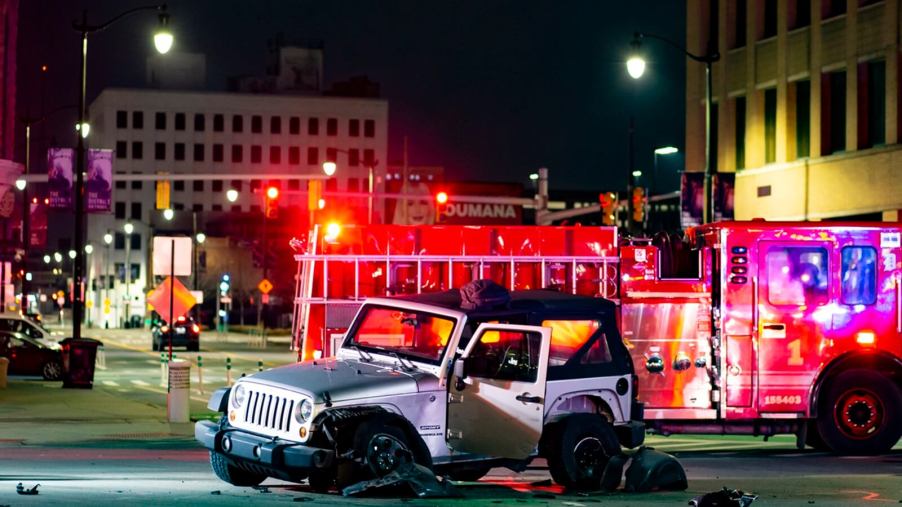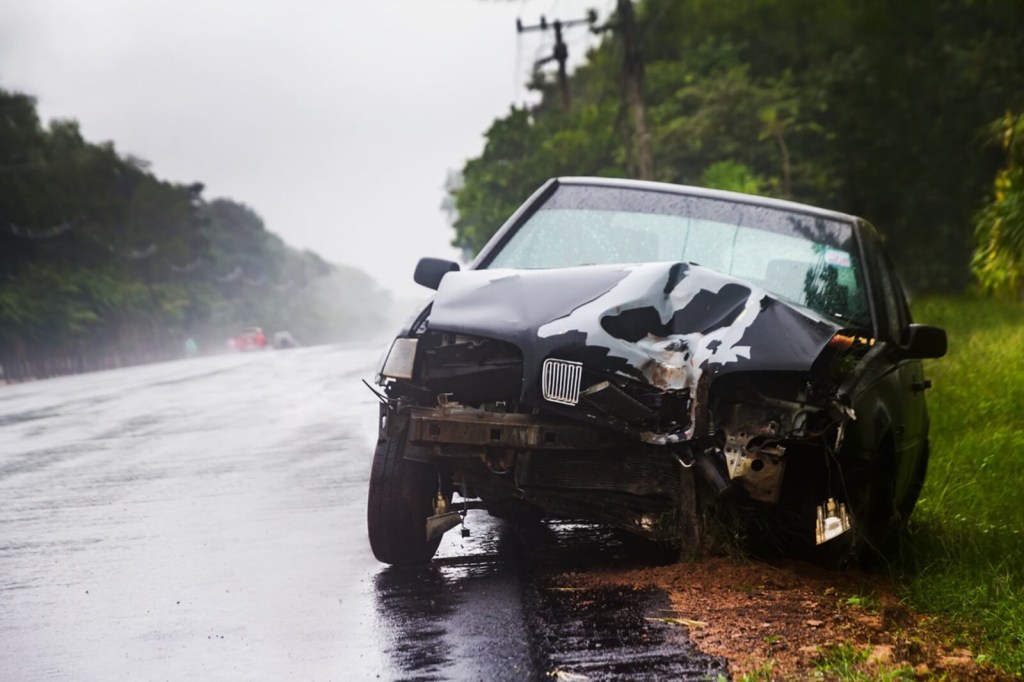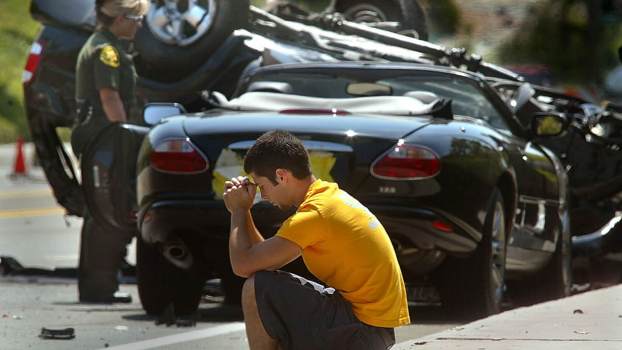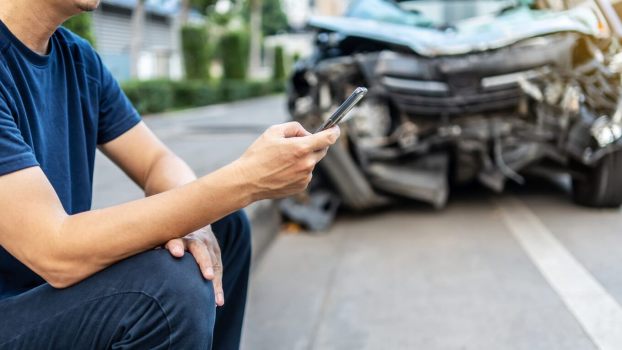
What Happens To Your Totaled Car After Insurance Declares It a Total Loss?
It’s the unthinkable: you’re in an accident, and it looks awful. The worst tragedy would have to be the insurance company telling you your beloved car isn’t worth repairing, barring some injury. So, what happens to your vehicle after your insurance provider deems it a total loss?
Your car could end up selling at auction after your insurance provider labels it totaled
One of the first things that an insurance provider will do is have your vehicle inspected after an accident. The evaluators will assess your vehicle to discern how expensive repairs will be. Beyond expenses, assessors will figure out whether your vehicle can be safely repaired.
As such, an insurance provider will typically deem your car, truck, or SUV a total loss if damages amount to over 50% of the vehicle’s total value before the incident. That’s bad news for bargain luxury car shoppers, as repairs can quickly add up to well over the vehicle’s used value.
So, if your insurance provider concludes that your vehicle isn’t worth repairing, can’t be safely fixed, or won’t comply with state laws and regulations, it’ll become a total loss. After your provider declares your vehicle totaled, they will typically sell it to a salvage operation. From there, buyers can get it as-is at auction.

Therein lies your opportunity to get your vehicle back. Vehicle owners who feel so inclined can buy their totaled car back at auction. From there, they can repair the car and get back to driving. Easy enough, right? Well, not quite.
A total loss vehicle will have an altered title, often “salvage.” That means lowered resale should an owner decide to sell their vehicle down the road. What’s more, buying your car back will cut into your actual cash value (ACV) insurance payout. In many circumstances, it could be prudent to use a payout to buy another vehicle.





